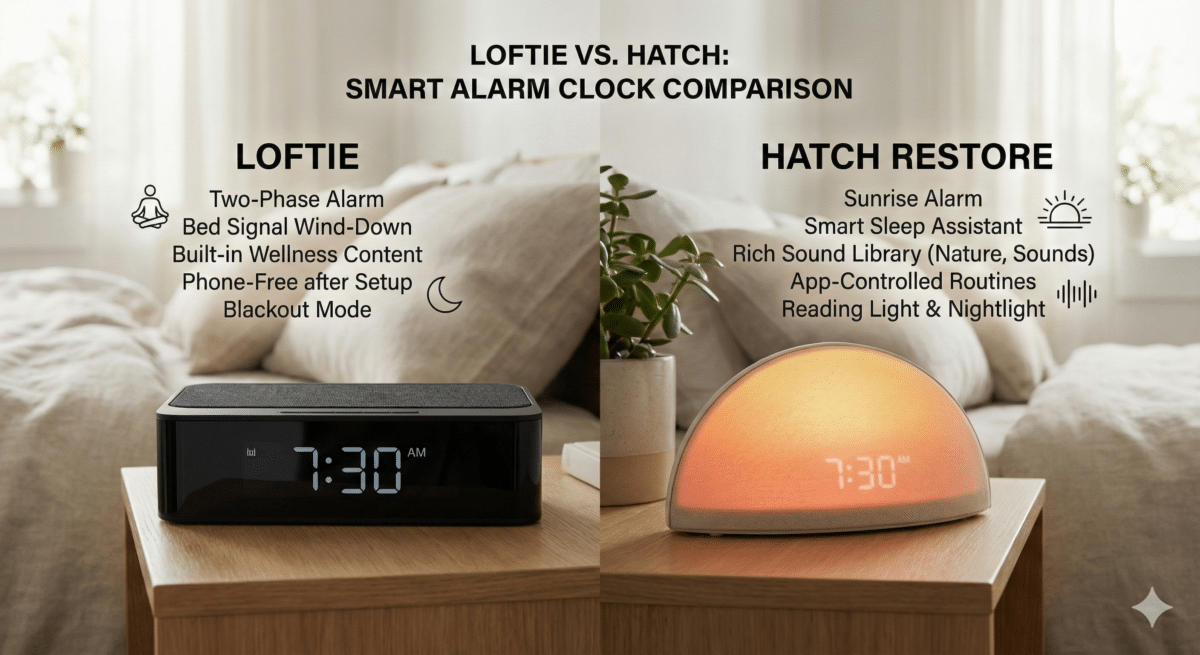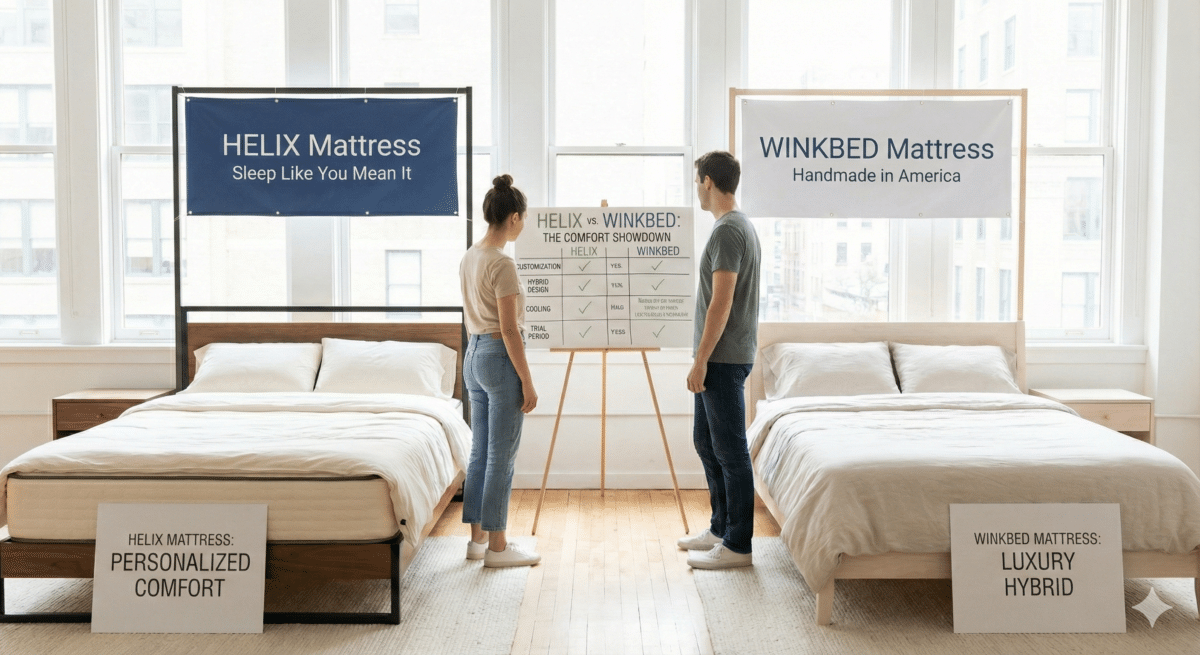Deep Sleep Uncovered: Everything You Need to Know
Why Deep Sleep Matters
Deep sleep is vital for your overall physical and mental well-being. This critical stage plays a significant role in your body’s recovery process and in how effectively your brain processes and stores information. Here are the key points to understand about deep sleep and why it’s essential:
– Recovery Engine: Deep sleep triggers the release of growth hormones that facilitate muscle, bone, and tissue repair.
– Memory Champion: It is crucial for memory consolidation and learning new skills, allowing your brain to organize and strengthen the information obtained during the day.
– Immune Fortification: This stage boosts your immune system, enhancing your body’s ability to ward off illnesses.
Sleep is not a uniform experience; it comprises four distinct stages: light, medium, deep, and REM (rapid eye movement). While each stage has its importance, deep sleep is regarded as the most restorative. During this vital phase, your body undergoes significant healing and rejuvenation.
My name is Ben Trapskin, and after facing sleep struggles myself, I dedicated my efforts to understanding deep sleep and its far-reaching effects on health. This journey has equipped me with profound insights into how to attain better sleep and enhance overall well-being.
What is Deep Sleep?
Deep sleep, or slow-wave sleep (SWS), represents the third stage of non-REM sleep, characterized by the most restorative processes occurring within your body and mind.
Slow-Wave Sleep Mechanics
During slow-wave sleep, brain waves slow to their lowest frequency, known as delta waves. These large, slow waves contribute to the significant restorative function made possible in this stage.
Non-REM Sleep Structure
Non-REM sleep consists of three distinct stages, with deep sleep being the most crucial. Unlike REM sleep, where dreams occur and brain activity peaks, non-REM sleep is centered around physical and mental recovery.
Brain Activity in Deep Sleep
While in deep sleep, brain activity diminishes significantly, dominated by delta waves, creating an optimal environment for essential processes like memory consolidation and cell regeneration. This phase is pivotal for reinforcing declarative memory—your ability to recall facts and knowledge.
Restorative Sleep’s Importance
The benefits of restorative sleep extend beyond mere recovery. Deep sleep has been shown to enhance mood, sharpen decision-making, and promote overall brain health, all of which reduce the risk of neurodegenerative conditions like dementia.
In the following sections, we will explore the various stages of sleep and delve deeper into their contributions to your well-being.
The Stages of Sleep
Understanding the stages of sleep helps to appreciate the complexity and significance of restful slumber.
Stage 1: Light Sleep
This initial stage is the transition from wakefulness to sleep, lasting about 5 to 10 minutes. Your heartrate slows, muscles relax, and brain waves begin to decelerate. It’s easy to wake someone from this light slumber, and you may even experience brief muscle twitches.
Stage 2: Light Sleep
Lasting around 10 to 25 minutes, Stage 2 is a slightly deeper phase. During this time, your body temperature drops, and both your heart rate and breathing become more gradual. The brain produces sleep spindles—short bursts of electrical activity that are believed to play a role in processing and consolidating memories.
Stage 3: Deep Sleep
Stage 3 is where the body undergoes its most significant restorative processes. Heartbeat and breathing are at their lowest levels, while your muscles are fully relaxed, making it difficult to awaken someone from this stage. This is when tissue repair occurs, bones are strengthened, and the immune system fortifies itself.
REM Sleep
The fourth stage, REM sleep, usually begins about 90 minutes after falling asleep. Brain activity increases, resembling that of wakefulness, and rapid eye movements occur behind closed eyelids. This is the stage associated with dreaming and is crucial for cognitive functions such as learning and creativity.
The Benefits of Deep Sleep
Deep sleep brings a myriad of health benefits that are crucial for optimal functioning:
Memory Consolidation
During slow-wave sleep, your brain meticulously organizes and solidifies the information acquired throughout the day. Research indicates that people typically experience a higher proportion of deep sleep after learning new tasks, enhancing their ability to retain new information.
Cell Regeneration
One major advantage of deep sleep is its role in cell regeneration. The body releases growth hormone, vital for repairing muscles, bones, and tissue. This stage is indispensable for physical recovery, particularly for athletes looking to replenish energy reserves and expedite recovery.
Hormonal Balance
Hormonal regulation is another benefit of deep sleep. This phase maintains hormone levels that govern hunger, stress, and growth. For instance, deep sleep helps harmonize insulin levels, potentially reducing the risk of type 2 diabetes, along with managing cortisol and hunger hormones.
Immune Support
Deep sleep plays an essential role in maintaining a healthy immune system. During this stage, your body produces cytokines—proteins critical for combating infections and stress. Evidence suggests that sufficient deep sleep reduces susceptibility to illnesses and enhances the immune response to vaccinations.
How Much Deep Sleep Do You Need?
Determining the amount of deep sleep you require can be complex, influenced by age, overall sleep duration, and individual health needs.
Age Considerations
– Newborns and Infants: They require extensive deep sleep crucial for development, often sleeping up to 17 hours a day.
– Children and Adolescents: They need 9-12 hours of sleep, featuring considerable deep sleep to support growth and learning.
– Adults: Typically, adults need 7-9 hours of sleep, with about 13-23% classifying as deep sleep—approximately 1-2 hours.
– Older Adults: Often experience reduced levels of deep sleep, accounting for only 15-20% of their total sleep.
Sleep and Individual Factors
The total sleep duration influences deep sleep levels. Here’s a quick breakdown:
– 7-9 Hours: Ideal for most adults, permitting 1-2 hours of deep sleep.
– Less than 7 Hours: Results in diminished deep sleep, hampering recovery.
– More than 9 Hours: Generally unnecessary unless recovering from sleep deprivation.
Consider individual factors such as health status, sleep quality, and genetic predispositions when assessing your deep sleep needs.
How to Increase Deep Sleep
Improving deep sleep can often be achieved through simple lifestyle adjustments.
Physical Activity
Regular exercise promotes deep sleep. Aim for 20 to 30 minutes of physical activity per day, but steer clear of rigorous workouts close to bedtime. Complete workouts a few hours before sleep to help your body relax.
Dietary Choices
Your diet profoundly influences sleep quality. Low-carb meals rich in healthy fats may encourage deeper sleep. Avoid heavy meals, caffeine, and alcohol in the hours leading up to bedtime.
Sleep Environment Optimization
Your sleep setting is crucial. To boost your deep sleep quality:
– Keep your room dark with blackout curtains or sleep masks.
– Control noise levels using earplugs or white noise machines.
– Ensure your mattress and pillows furnish adequate support; replace worn bedding as needed.
Consistent Bedtime Routine
Creating a calming bedtime routine signals to your body that it’s time to unwind. Consistency is key—go to bed and wake up at the same time daily, even on weekends. Incorporate relaxation techniques such as reading, stretching, or meditation into your routine while avoiding screens an hour before bed.
Common Deep Sleep Disorders
Being aware of common disorders can facilitate better understanding and management of sleep quality.
Sleepwalking
Sleepwalking occurs during deep sleep and can involve performing complex tasks while oblivious to the actions upon waking. This phenomenon is more prevalent among children than adults.
Night Terrors
Different from nightmares, night terrors manifest as extreme fear during deep sleep, occurring within the first hours of sleep. The affected individuals usually have no recollection of these episodes.
Sleep Apnea
A serious condition characterized by interrupted breathing during sleep, sleep apnea disrupts deep sleep and can lead to excessive fatigue. The most common type is obstructive sleep apnea.
Insomnia
Insomnia—difficulty falling or staying asleep—can heavily impact deep sleep quality. Individuals affected by insomnia commonly experience fatigue and struggles with concentration during the day.
Conclusion
At Yawnder, we emphasize that quality sleep is foundational to your well-being. By prioritizing deep sleep—also known as slow-wave sleep—you can significantly enhance your health. Whether through exercise, dietary adjustments, or optimizing your sleep environment, there are numerous strategies to improve your deep sleep.
Establishing a consistent sleep schedule can help you enter deeper sleep cycles more effortlessly. Fragmented sleep or disorders can hinder your body’s restorative abilities, emphasizing the need for good sleep hygiene.
Incorporating small adjustments into your lifestyle can lead to substantial improvements in your sleep quality and health. If you continue facing challenges with your sleep, consulting with a healthcare professional may be beneficial.
By taking these actions, you can foster deeper and more restorative sleep, positively impacting your overall life quality. Prioritize sleep, and reap the many rewards it offers—sleep well, live well.


















